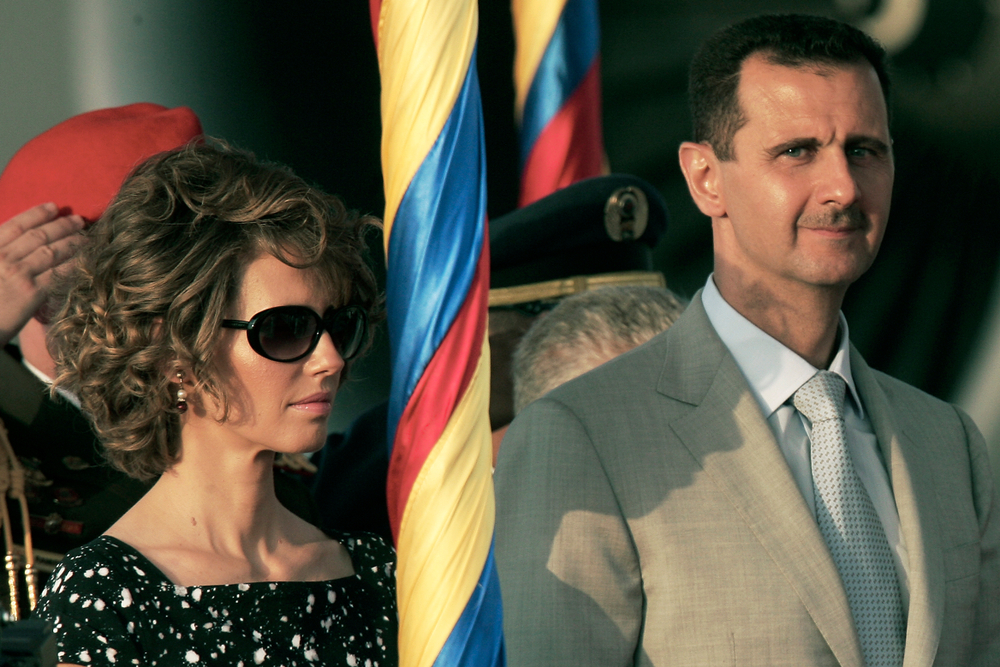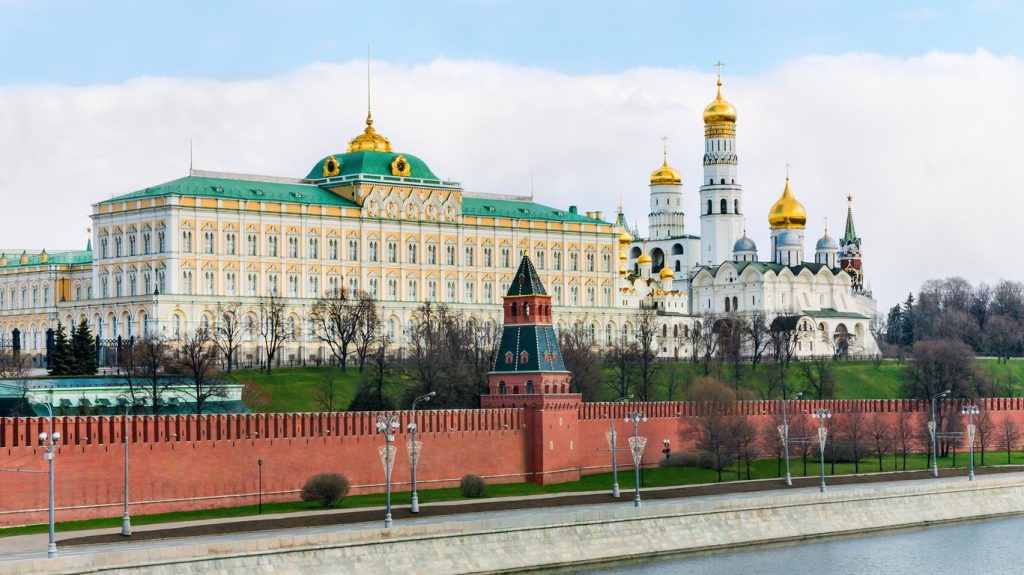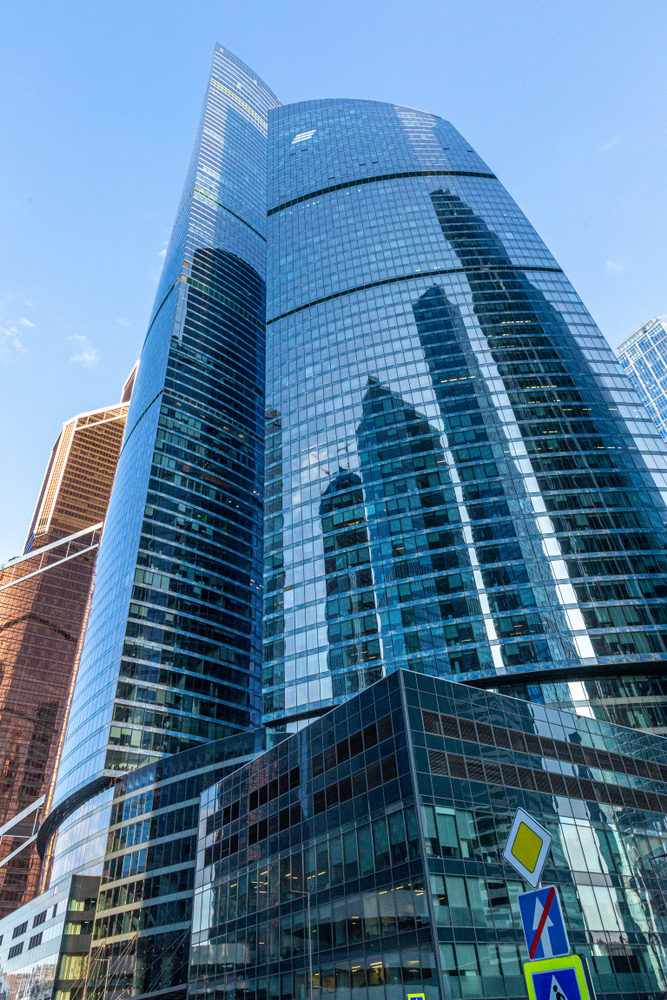Understand Your Rights. Solve Your Legal Problems


The Government has received warnings regarding the necessity to impose a lifetime ban on Asma al-Assad, the British spouse of Syrian leader Bashar al-Assad, due to concerns that she may seek a divorce and attempt to return to London. Asma al-Assad, aged 49, accompanied her husband, aged 59, to Russia following the recent overthrow of the Assad regime by rebel forces in Syria earlier this month.

The couple, whose fall from power has been celebrated by Syrians both domestically and internationally, is reportedly restricted to Moscow, with their financial assets frozen since they sought asylum there. Turkish media outlets reported on Saturday that Ms. Assad, who was raised in North Acton, west London, is considering relocating back to the UK, where she possesses dual nationality, for cancer treatment.
The Prime Minister's office has refrained from commenting on the potential revocation of her passport; however, Members of Parliament expressed concerns last night that she should not be permitted to return to Britain, given the numerous atrocities committed by the Assad family over the years. Robert Jenrick, the shadow justice secretary, stated to The Telegraph: "It would be a grave injustice to the millions who have suffered under Assad if his wife were to return to a life of luxury in the UK." He further remarked, "She has been sanctioned by the UK Government for a reason—the Assad family has been responsible for some of the most heinous acts in modern history."
Foreign Secretary David Lammy has also previously asserted that Ms. Assad is "a sanctioned individual and is not welcome in the UK." When inquired about the possibility of revoking her citizenship to prevent her return, a spokesperson for No 10 remarked to The i: "We have consistently stated that we do not comment on individual cases in this regard. "However, it is clear that we have stringent sanctions in place against the Assad family and the former regime, which continue to be enforced." The spokesperson confirmed that Mr. Lammy's statement indicates that the sanctions preventing her entry into the country remain effective. Ms. Assad's UK assets have been frozen as part of an EU sanctions initiative established in March 2012, in response to her husband's oppressive regime.
At first glance, she appeared to be on a path toward a distinguished career, having been brought up by her industrious Syrian parents. During her childhood, she attended the esteemed Queen's College in Marylebone, where the tuition fees approached £9,000 per term. She later graduated from King's College London in 1996, earning a degree in computer science and French literature.

Even Ms. Assad, known as 'Emma' among her school friends, could not have foreseen that she would eventually marry an authoritarian leader who would govern Syria with an iron grip. Subsequently, she earned the moniker 'First Lady of Hell.' In 2000, she wed the ousted Syrian dictator while he was studying in London, having previously met during family vacations. The Kremlin swiftly countered Turkish media claims suggesting that she is contemplating leaving her husband of 24 years and escaping Russia following a rapid takeover of Damascus by rebels earlier this month.
However, pro-opposition political analyst Stanislav Belkovsky cautioned that "Western intelligence agencies are expressing extreme concern about the physical safety of Asma Assad, the wife of Syrian ex-leader Bashar Assad." "Life in Moscow, Russia—a gilded cage—has become increasingly unsatisfactory for Asma Assad," he continued. "She aspires to relocate to London, UK, and return to her career in investment banking, while also seeking to safeguard a portion of her family's assets from sanctions."

In Moscow, the Assad family is associated with opulent real estate located within the 990-foot City of Capitals complex as well as the adjacent 1,226-foot Federation Tower.
Reports indicate that Russia is apprehensive about the prospect of the former first lady returning to Britain, yet may see an opportunity to utilize her expertise for intelligence purposes. "Certainly, the Kremlin and Russian intelligence services are cautious about such a scenario," Belkovsky remarked. "Unless they are covertly attempting to recruit Ms. Asma as their undercover agent in the UK/Euro-Atlantic sphere. Anything is conceivable." Ms. Assad has reportedly sought permission from a Russian court to travel to Britain, as multiple media outlets, including The Jerusalem Post, have reported, citing Turkish and Arab sourcess.
Ms. Assad relocated to Syria in 2000 and entered into marriage with the dictator at the age of 25. The family was granted refuge by Vladimir Putin, who facilitated the escape of the deposed president from Syria just prior to the country succumbing to rebel forces. Ms. Assad and their three children were already in Russia, where it has been reported that she is receiving treatment for acute myeloid leukaemia, a severe form of blood and bone marrow cancer. One account suggests that she would prefer to receive treatment in the United Kingdom. In Moscow, the Assad family is associated with opulent properties within the 990-foot City of Capitals complex and the adjacent 1,226-foot Federation Tower.
His extended family possesses numerous properties in Moscow and beyond, although it is believed that they currently reside in official accommodations provided by the Russian government. The Assad family maintains significant personal connections to the Russian capital, as the ousted president's eldest son is pursuing a PhD at Moscow State University. Hafez al-Assad, in his twenties, successfully defended his dissertation at MSU, earning the title of candidate of physical and mathematical sciences, according to Russian media reports. This defense reportedly occurred on November 29, just a week prior to his father's loss of power and amid the offensive by Syrian rebels in Aleppo, the country's second-largest city.

Mrs. Assad was present at her son's graduation in June 2023, with photographs capturing her embracing him in front of the main building of MSU and engaging with university officials. Hafez al-Assad's dissertation, composed in Russian, spans 98 pages and focuses on analytical and algebraic number theory, specifically addressing polynomial issues. In the conclusion of his dissertation, Al-Assad expressed his gratitude "to the martyrs of his homeland—Syria—and primarily to the martyrs of the Syrian Arab Army." He also acknowledged his parents, Bashar and Asma, the rector of Moscow State University, Viktor Sadovnichy, the university staff, and his educators from Syria.
The United States State Department estimates the family's net worth at $2 billion, with their assets hidden across various accounts, shell corporations, offshore tax havens, and real estate investments. In recent years, the extended family of the Syrian dictator has acquired at least 20 apartments in Moscow, valued at over £30 million. In 2012, WikiLeaks revealed private communications from Asma Al-Assad, indicating her expenditure of $350,000 on the palace's decor and $7,000 on crystal-encrusted footwear.
The Makhlouf family, led by Assad's uncle Mohammed Makhlouf, has long been recognized as Syria's second wealthiest and most influential family, possessing substantial assets in Russia. To safeguard tens of millions of dollars from the turmoil of Syria's civil war, the family invested in at least 18 luxury apartments within the City of Capitals complex, situated in Moscow's prestigious skyscraper district, as reported by the Financial Times. This two-towered skyscraper, which held the title of Europe's tallest building until the Shard in London was completed in 2012, houses some of Russia's most affluent businessmen, government ministries, five-star hotels, and multinational corporations.

Moscow
The case of Asma al-Assad highlights the complex intersection of politics, human rights, and international law. As the wife of a dictator whose regime is responsible for severe human rights violations, her potential return to the UK has sparked intense debate. With sanctions in place and concerns over her possible divorce and relocation, the British government faces a delicate decision regarding her future. While humanitarian considerations, such as her cancer treatment, remain a factor, the broader implications of allowing her to return must be weighed against the need for accountability and justice for the victims of the Assad regime.


